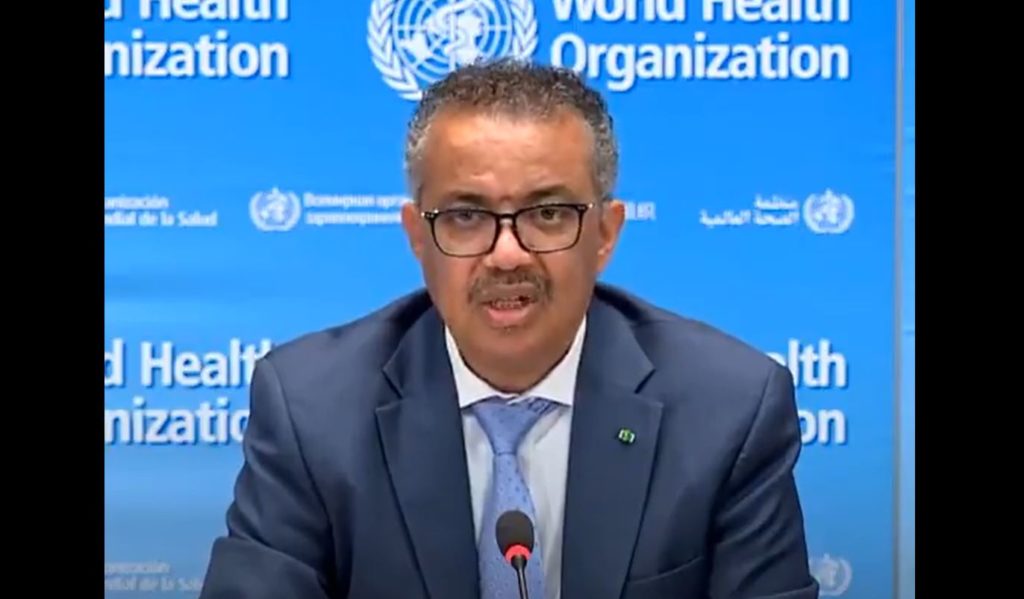As the COVID-19 pandemic drags on, many are becoming frustrated with lockdowns and restrictions. Among those allowing their frustrations to cause them to break rules are young people across the world.
On Thursday, July 30 the World Health Organisation (WHO) said that spikes in transmission in various countries were in part as a result of young people letting their guard down.
In a statement, director-general Tedros Adhanom Ghebreyesus said that while older people are at a higher risk of severe disease, younger people are at risk too. He admitted that it has been tough to convince the youth of the risks they face.
“Evidence suggests that spikes of cases in some countries are being driven in part by younger people letting down their guard during the northern hemisphere summer,” he said.
“We have said it before and we’ll say it again: young people are not invincible. Young people can be infected; young people can die; and young people can transmit the virus to others,” explained Ghebreyesus.
“That’s why young people must take the same precautions to protect themselves and protect others as everyone else. They can be leaders – they should be leaders and drivers of change,” he urged.
Michael Ryan, WHO’s emergencies director, stressed that it is important to understand that the long term effects of COVID-19, even for mild cases, are not yet known.
“This disease while it may be mild, it may be moderate, it can affect many organs,” he said. “We just don’t know what the long-term impact of those infections will be.”
“Why take the chance? Why take the risk?” he asked. “Play it safe, use your brain, use your mind.”
We call on young people to take precautionary measures: #handhygiene, physical distance, wear a mask, stay home if you’re feeling unwell, avoid crowded places & mass gatherings, to protect yourselves & others from #COVID19. Play it safe & help end this pandemic. pic.twitter.com/5U7eQi1BZj
— Tedros Adhanom Ghebreyesus (@DrTedros) July 30, 2020
Globally, 17 005 983 cases of COVID-19 (in accordance with the applied case definitions and testing strategies in the affected countries) have been reported, including 666 857 deaths on July 30, according to the European Centre for Disease Prevention and Control.
South Africa, on July 30 recorded a total of 482 169 cases, with a total of 7 812 deaths.
As of today,the total number of confirmed #COVID19 cases is 482 169, the total number of deaths is 7 812 and the total number of recoveries is 309 601. pic.twitter.com/kxNPcVCUdH
— Dr Zweli Mkhize (@DrZweliMkhize) July 30, 2020
On the same day, the Western Cape Health Department recorded 10 915 active cases of COVID-19, with a total of 92 845 confirmed cases and 78921 recoveries. An additional 24 deaths were reported, bringing the total number of COVID-19 related deaths in the province to 3009.
For a while, the Western Cape was the epicentre of the virus in the country, however, numbers have seemingly begun to plateau. But, with the WHO’s recent warning about careless young people, in conjunction with the fact that the Western Cape does not test people under the age of 55 (who do not have comorbidities), the spike could happen without knowledge.
Picture: Screenshot from livestream

